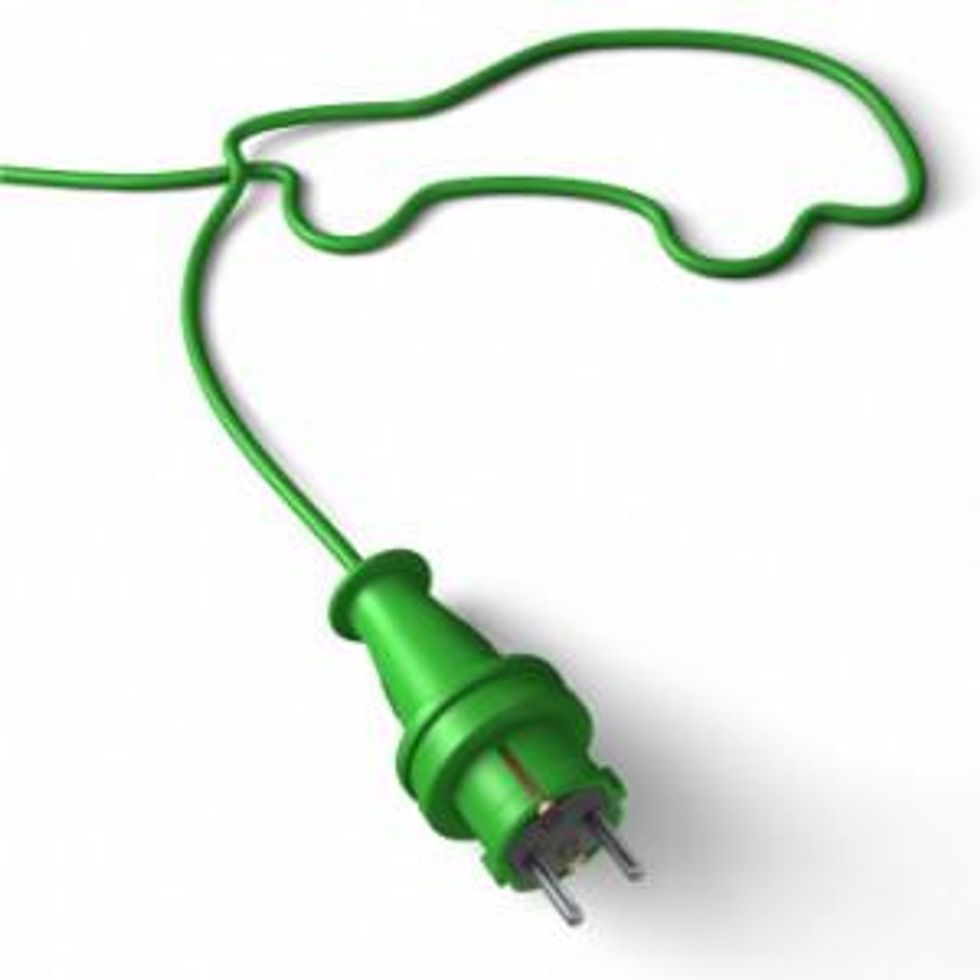Global Growth in EV Sales Good for Lithium Battery Market
Over the next decade, significant growth in the global electric vehicle market will translate into equally significant growth in the lithium battery market.
The Obama administration has backed off its goal of putting 1 million electric vehicles (EVs) on the road by 2015, Reuters reported late last month. Yet the federal government has still committed to $7.5 billion in funding for policies that promote electric vehicles, including $2.4 billion in grants to lithium-ion battery makers.
A Lawrence Livermore National Laboratory (LLNL) team working alongside the Lawrence Berkeley National Laboratory recently received a five-year, $3.7-million grant from the US Department of Energy. The laboratories’ research is focused on improving the performance, lifetime cycle and safety of lithium-ion batteries.
“In transportation in particular, a significant advance in battery performance and lifetime will allow the transition from current gasoline- and diesel-based vehicles to plug-in hybrids and all-electrics with comparable or better power, range and cost,” states the LLNL website. “This, in turn, would greatly reduce the nation’s dependence on fossil fuels and carbon emissions associated with them. An advance in safety will have significant implications for aviation as well, as the grounding of Boeing 787s worldwide due to Li-ion battery fires has made all too clear.”
While North American markets produce the highest amount of revenue from consumer and industrial market-based lithium battery sales, China dominates the automotive sector, according to American research firm Frost & Sullivan. If the US wishes to compete with China in the EV market, it has some serious catching up to do: North America is expected to account for roughly 21 percent of automotive industry demand for lithium batteries in 2016 compared to 40 percent for China, as per Frost & Sullivan.
Lithium batteries to benefit from significant global growth in global EV market
The EV industry has received a lot of unwarranted flak over the years, and the recent string of hiccups plaguing the lithium battery market hasn’t helped. Nor do reports like KPMG’s 2013 Global Automotive Executive Survey, which shows that nine out of 10 auto industry execs believe that fuel efficiency, not environmental friendliness, will continue to be a top priority for car buyers, at least over the next few years.
However, a recent report published by Pike Research indicates that annual worldwide EV sales will reach 3.8 million by 2020. “Sales of EVs have not lived up to automakers’ expectations and politicians’ proclamations, but the market is expanding steadily as fuel prices remain high and consumers increasingly seek alternatives to internal combustion engines,” stated Senior Research Analyst Dave Hurst in a press release. “Indeed, sales of plug-in EVs will grow at a compound annual growth rate of nearly 40 percent over the remainder of the decade, while the overall auto market will expand by only two percent a year.”
Over the next decade, significant growth in the EV market will translate into equally significant growth in the lithium-ion battery market, according to new analysis of Frost & Sullivan’s Global Hybrid Electric and Electric Vehicle Lithium-ion Battery Market research, published earlier this month. The research shows that the automotive segment of the lithium-ion battery market earned revenues of $2.13 billion in 2012, with that amount likely reach $12.84 billion in 2019.
In a recent presentation, Frost & Sullivan researchers stated that they see the total global lithium battery market — including the automotive, consumer and industrial sectors — reaching $22.5 billion in 2016, nearly double what the total market was worth in 2012. While consumer applications (think laptops and cell phones) will continue to account for the highest share of revenues, the fastest growth will be seen in the automotive sector, which the research firm predicts will garner 25 percent of total revenues in 2016, up from 14 percent in 2012.
Securities Disclosure: I, Melissa Pistilli, hold no direct investment interest in any company mentioned in this article.
Related reading:
Lithium-manganese Batteries in EVs Much Safer than Dreamliner Chemistry
Lithium-manganese Batteries: Powering the Future?





